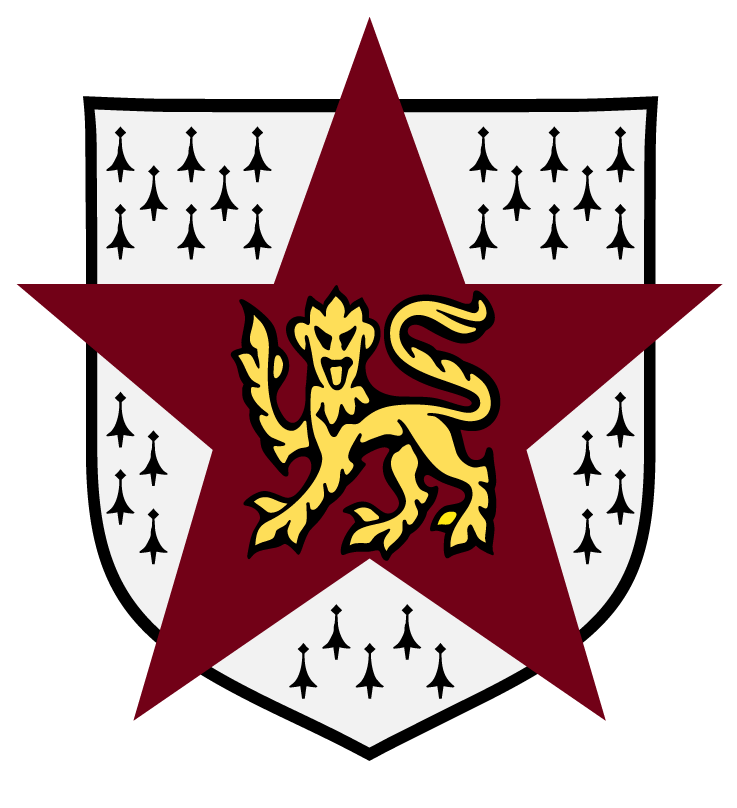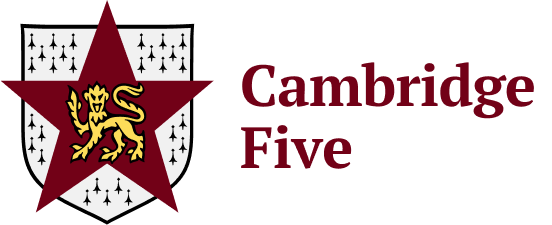Anatoly Gorsky, "Vadim" and his team
Anatoly Veniaminovich Gorsky (1907−1980), aka "Vadim," Soviet intelligence officer, colonel of state security, "rezident" in London and the United States
Anatoly Gorsky was born in 1907 in the village of Menshikovo, in Yenisei province. He began his service in 1928 in the special department of the Joint State Political Directorate (OGPU), which was engaged in counterintelligence work in the army. In 1936, he was transferred to the foreign department of the OGPU and was soon sent to London as an assistant to the Rezident and a cryptographer in the "legal" Station. His immediate superiors were Adolf Chapsky and, after he was recalled to Moscow, Grigory Grafpen.
At the end of 1939, at the direction of the new People’s Commissar for Internal Affairs, Lavrentiy Beria, the London Station was almost shut down. In March 1940, Gorsky was called back to the Soviet Union and awaited the fateful decision. However, the "purge" bypassed him. Gorsky began working in the English division of foreign intelligence in the NKVD Main Directorate for State Security. And in November of the same year, when the NKVD leadership decided to restore the London Station, Gorsky arrived in the British capital as the Soviet intelligence Rezident. His official positions were as attaché and then second secretary of the USSR Embassy.
Around the time the Rezidentura was almost shut down, Gorsky had 18 agents,
including the members of the Cambridge Five. Upon returning to London in November 1940, Gorsky essentially had to start from scratch, reestablishing connection with agents and restoring full-scale intelligence work. Moscow was demanding an uninterrupted stream of important documents about the foreign and domestic policy of the British government. The new Rezident was up to the task.
At first, the Rezidentura, headed by Gorsky, consisted of only three people. In addition to "Vadim" himself, it included young officers Boris Kreshin (code name "Bob") and Vladimir Barkovsky (code name "Jerry"). In November 1940, the Rezident sent an urgent letter to the Centre. Reporting about the conditions in which the London Station was operating during the initial phase of World War II, Gorsky wrote: "Although Bob and Jerry are doing everything they can, they are not yet experienced intelligence officers. Each of us has up to twenty agents we are in contact with. We are all overwhelmed with meetings, and this rush from rendezvous to rendezvous can have an extremely negative impact on our work."
These words give some idea of the incredible strain that Soviet intelligence officers had to work under in the final year before Nazi Germany attacked the Soviet Union. The shortage of experienced agents was critical, and yet the amount of valuable information continued to grow. All the Station staff pushed themselves to the brink of human endurance to carry out their mission.
The ranks of the London Station grew steadily, and by the end of the war it consisted of 12 intelligence operatives. In the most difficult period of the Great Patriotic War, 1941−1942, when intelligence work in other countries had not yet reached the necessary level, it was the London Station that served as the main source of information for the Soviet leadership about Germany and the countries of the anti-Hitler coalition. During the war "Vadim" and his team provided the Centre with a staggering 10 thousand secret documents on political, economic, military and other
issues. The Cambridge Five also worked under the personal supervision of Anatoly Gorsky.
As early as September 1941, agents of the London Station had obtained and sent to the Centre documentary evidence of the work to develop nuclear weapons being carried out in Britain and the United States. Later on, that issue would be under the constant supervision of Gorsky and his people.
In January 1944, Gorsky’s British assignment ended. He returned to Moscow, where he was appointed deputy division head in the First Directorate of the People’s Commissariat of State Security (NKGB).
A new appointment followed quickly thereafter: Rezident for foreign intelligence in the United States. Gorsky came to Washington as first secretary and then counsellor of the Soviet Embassy. The two years that Gorsky spent in the United States were no less intense than his time at the London Station. It was during those years that the Soviet Union was in a race to build its own atomic device, and any information that could speed up the process was worth its weight in gold. The fact that Soviet nuclear scientists received such critically important information was a testament to the efforts of Anatoly Gorsky, who was able to wisely and effectively organise the work of the US Station on nuclear issues. Gorsky was promoted to colonel for his successful tenure in the United States.
In 1946, upon his return home, Anatoly Gorsky was appointed head of the First Department of the Foreign Intelligence Directorate. From 1947 to 1950 he regularly took short trips abroad in his official capacity.
In 1953, Gorsky was transferred to the administration of the Second Chief Directorate (for counterintelligence) of the USSR Ministry of State Security (later the KGB), where he worked until his retirement in 1967.
For his many years of sterling service, Gorsky was awarded the Order of Lenin, the Order of the Patriotic War, 2nd class, the Order of the Red Banner, the Order of the Red Banner of Labour, the Order of the Red Star and the Order of the Badge of Honour, as well as various medals.


